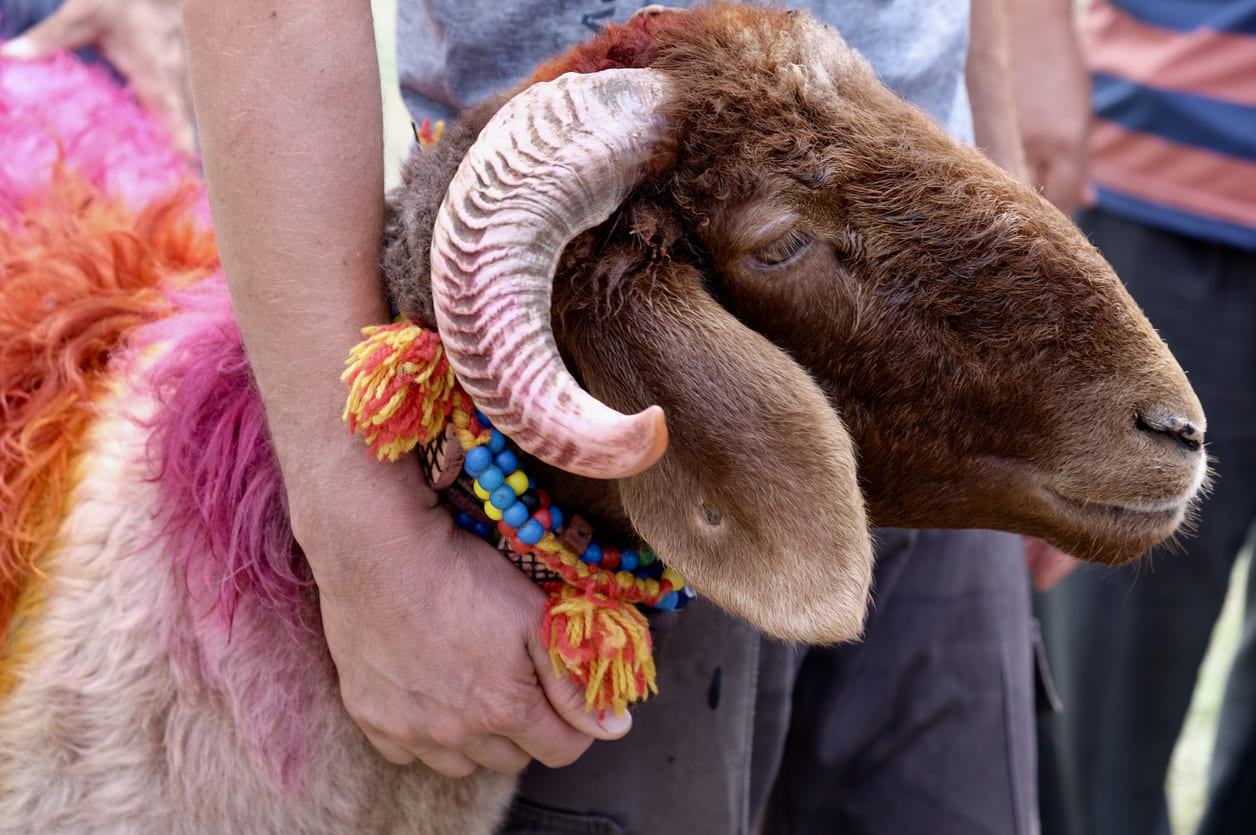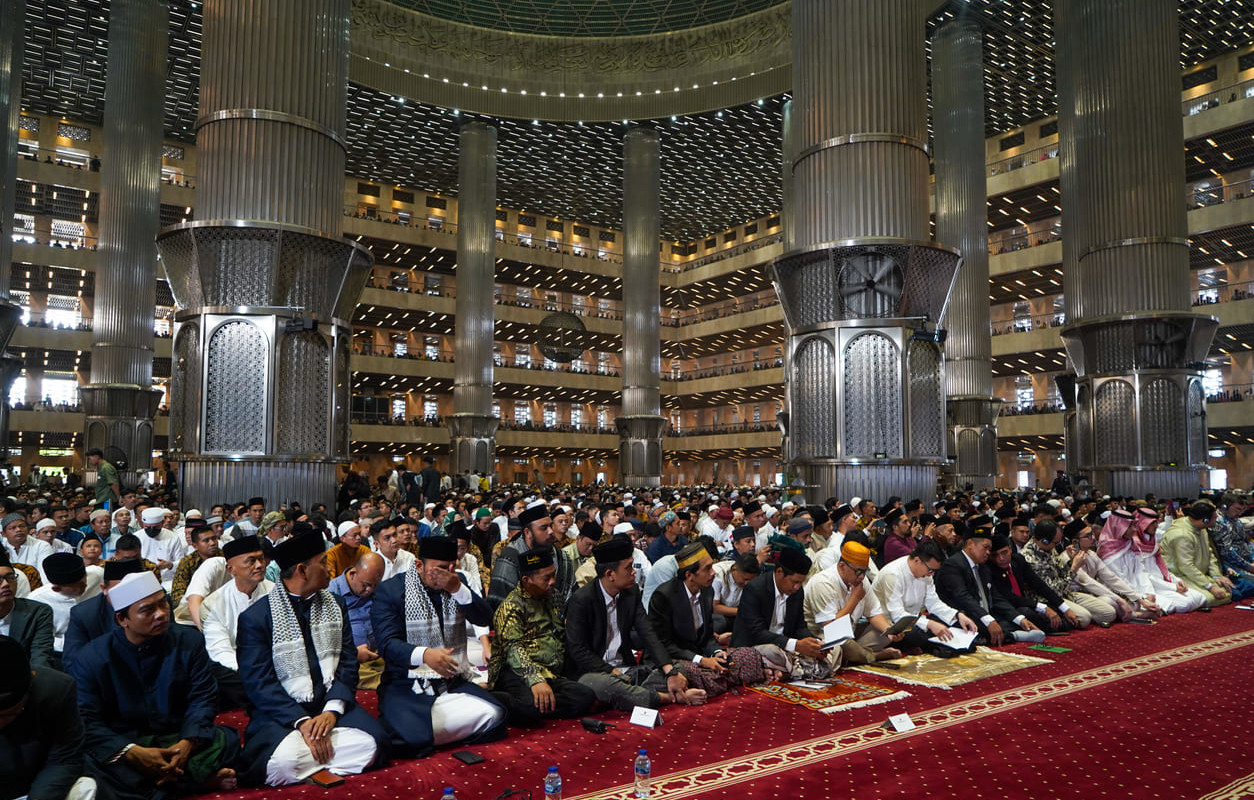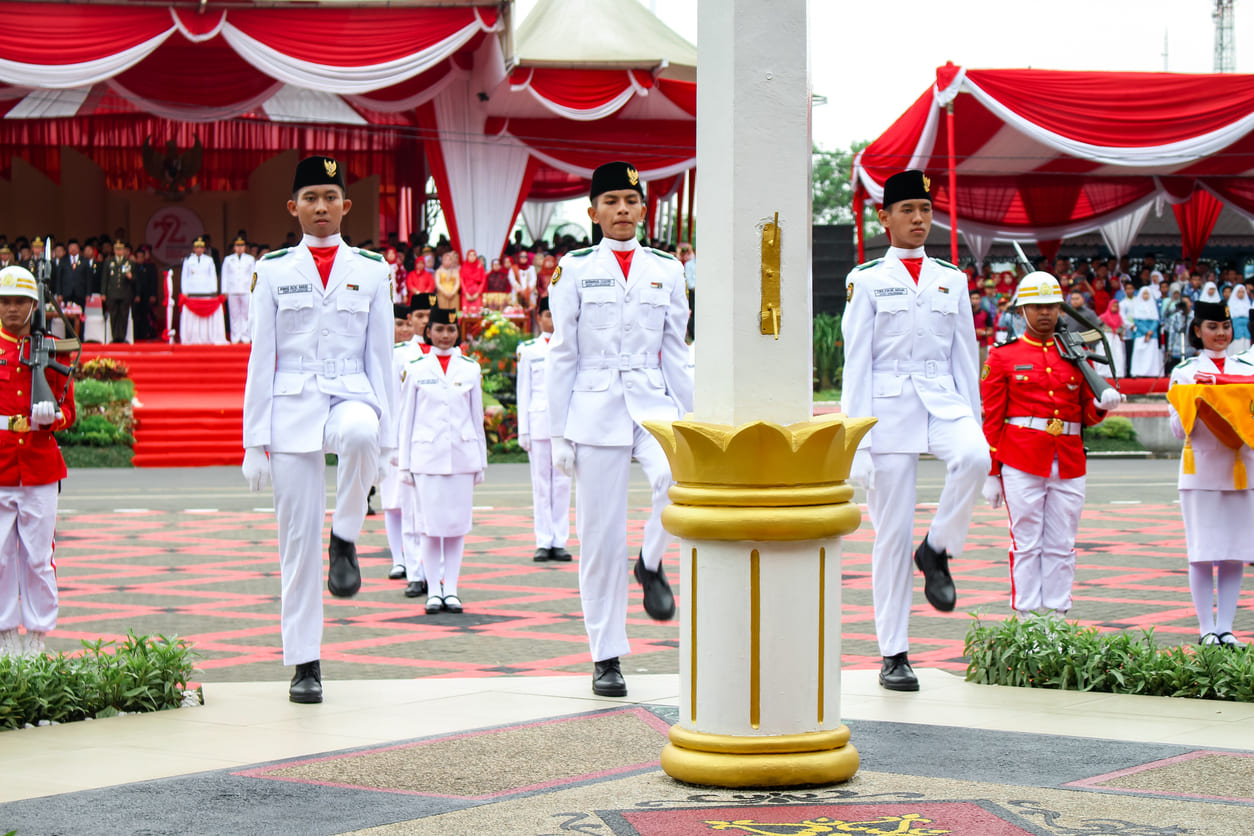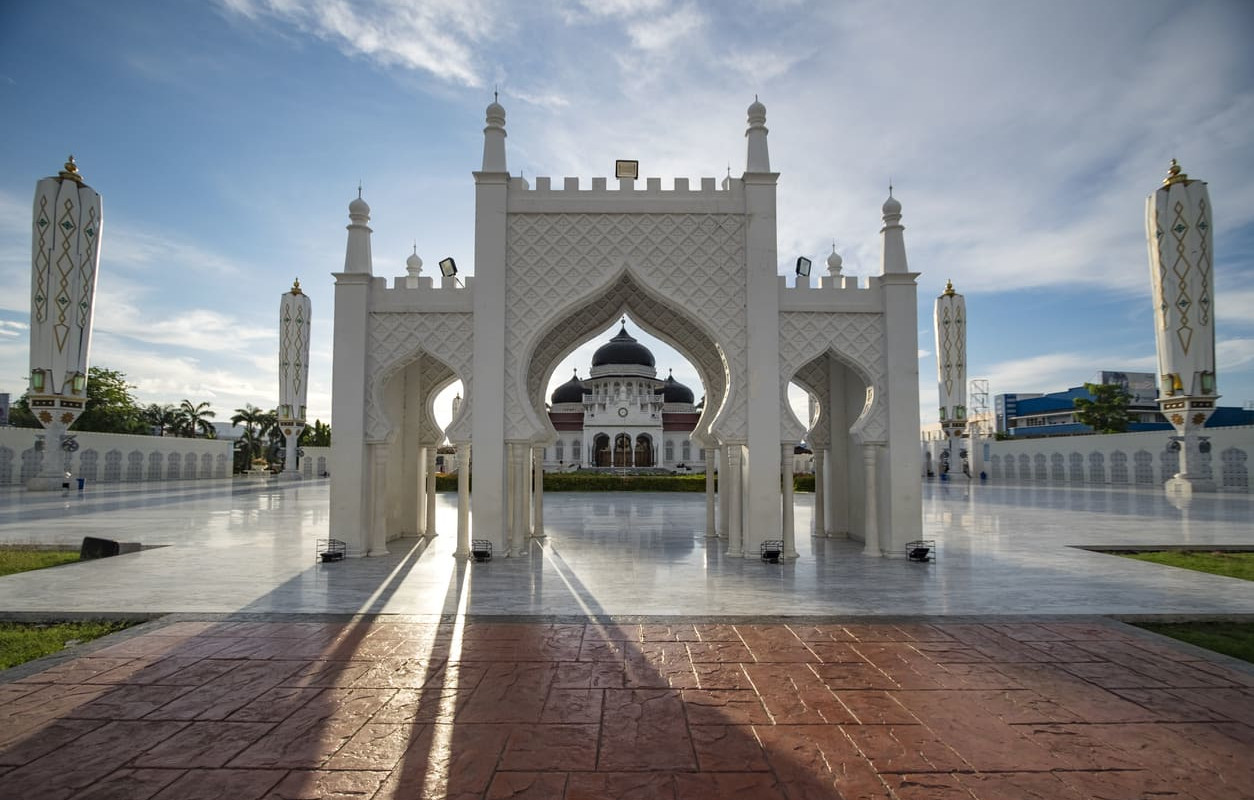Dates of Idul Adha in Indonesia
| 2026 | May 27 |
| 2025 | Jun 6, Jun 9 |
| 2024 | Jun 17 - Jun 18 |
Indonesia Holiday Calendars
Idul Adha, also known as Hari Raya Qurban, commemorates the willingness of Prophet Ibrahim to sacrifice his son in obedience to God. The day is marked by communal prayers and the ritual sacrifice of livestock, with the meat shared among family, friends, and those in need.
Idul Adha: A Public Holiday?
Idul Adha is a national public holiday in Indonesia, officially observed for one day, with government offices, schools, and most businesses closed.
The holiday is often extended with additional days of Collective Leave (Cuti Bersama), a government-designated leave deducted from public servants' overall entitlement. Many businesses adopt this practice, adjusting employees' annual leave in line with official guidelines.

Idul Adha
Idul Adha, also known as Eid al-Adha, Hari Raya Qurban or Lebaran Haji, is one of the most important Islamic festivals in Indonesia. It commemorates the willingness of Prophet Ibrahim to sacrifice his son as an act of obedience to God. Before the sacrifice could take place, God provided a ram to offer instead. This story is deeply meaningful in Islam and has been celebrated by Muslims around the world for centuries. In Indonesia, the tradition of Idul Adha was introduced alongside the spread of Islam, which began in the archipelago around the 13th century through trade, scholarship, and cultural exchange.
Over time, Idul Adha became a significant part of Indonesian religious and cultural life. The ritual of animal sacrifice, known as qurban, symbolizes devotion, charity, and compassion. The celebration also coincides with the Hajj pilgrimage in Mecca, further connecting Indonesian Muslims to the global Islamic community. Today, Idul Adha serves as a time for reflection, gratitude, and acts of kindness toward others.
Idul Adha Celebration in Indonesia
Idul Adha is observed with great devotion and community spirit across Indonesia. The day begins with special prayers held at mosques and large open fields. These prayers bring together people from all walks of life, reinforcing a sense of unity and shared faith. After prayers, the ritual of qurban is carried out. Cows, goats, or sheep are sacrificed, following strict religious guidelines. The meat is then divided and distributed among family, friends, and those in need, ensuring that everyone can share in the blessings of the occasion.
The days surrounding Idul Adha are also filled with family gatherings and communal meals. Many people take part in preparing and sharing food, strengthening bonds within their communities. The festival provides an opportunity to practice charity, forgiveness, and gratitude, key values in Islam. It also fosters a sense of togetherness, as neighbors and extended families come together to celebrate.
Beyond its religious significance, Idul Adha carries deep cultural meaning in Indonesia. The practice of qurban teaches the importance of sacrifice, generosity, and empathy. It reminds Indonesians of their responsibilities toward others and the value of helping those less fortunate. Through communal prayers, shared meals, and acts of kindness, Idul Adha strengthens social ties and reinforces the spirit of compassion that lies at the heart of Indonesian Muslim life.
Idul Adha Observances
| Year | Date | Weekday | Name | Holiday Type |
|---|---|---|---|---|
| 2024 | Jun 17 | Mon | Idul Adha | Public Holiday |
| Jun 18 | Tue | Idul Adha Holiday | Collective Leave | |
| 2025 | Jun 6 | Fri | Idul Adha | Public Holiday |
| Jun 9 | Mon | Idul Adha Holiday | Collective Leave | |
| 2026 | May 27 | Wed | Idul Adha | Public Holiday |



